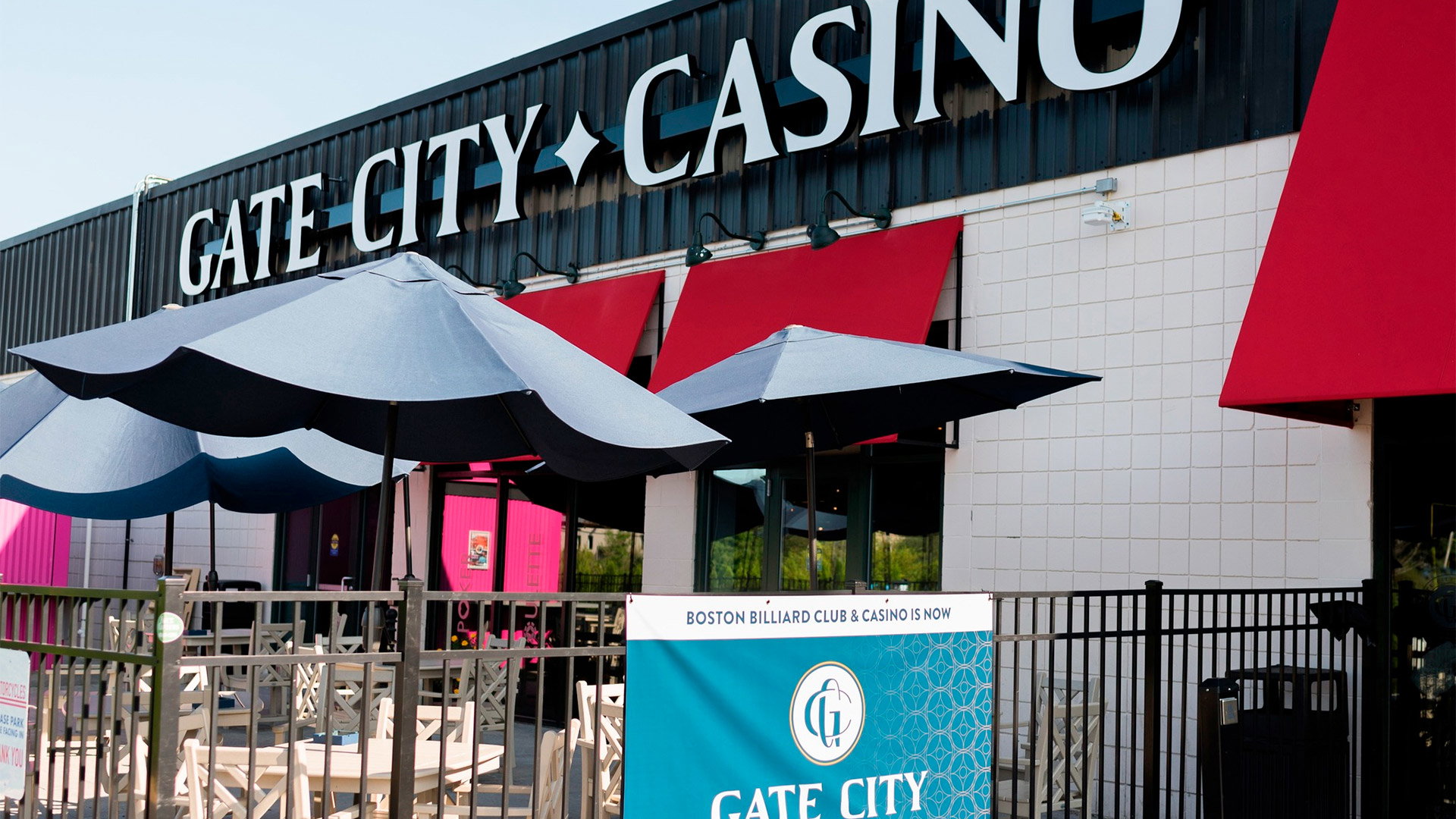New Hampshire: Landmark bill prohibiting casinos from charging rent to charities passes House
A bill that passed in the New Hampshire House on Thursday will exempt charities partnering with casinos from making rent payments, a practice that often incurs substantial costs for charities.
Senate Bill 112, which received approval through a voice vote in the House, specifically prohibits casinos from charging charities rent. This prohibition aims to alleviate the financial burden on charities, which can sometimes lose up to $750 per night due to rent payments, New Hampshire Bulletin reports.
The legislation is a response to the requirement in state law that mandates casinos to collaborate with charities, allowing them to operate poker and table games only if 35% of the proceeds are directed towards a charity. The state claims 10%, and the remaining portion is retained by the casinos.
As it stands, the bill has now advanced to the Senate, following amendments made by the House to its version. The legislation also extends the existing moratorium on issuing new historic horse racing licenses. This game format, which brings in considerably more revenue than table games, currently has a cap on the number of sites at approximately 15, with the potential for an additional five individuals or organizations pending license approval.

Charities, before accounting for rent payments, generated nearly $2.8 million through gaming in November, according to the New Hampshire Lottery Commission. In the same period, casinos collected almost $11 million, and the state received $2.2 million in proceeds. Notably, the Gate City Casino in Nashua saw the highest revenue for table games, approximately $1.1 million, while The Brook in Seabrook led in revenue from historic horse racing at $3.5 million, the report said.
Rick Newman, a lobbyist representing the casino owners of the NH Charitable Gaming Operators Association, said its members are supportive of the bill. He mentioned that the practice of charging rent has been allowed since the enactment of charitable gaming in 2006, driven by the initial low bet limit of $2, which made it challenging for casino owners to turn a profit without charging rent.
However, with the bet limit raised to $50 in July, casino owners, including Aces and Eights in Hampton, have found profitability without resorting to rent charges, as stated in the New Hampshire Lottery Commission’s November report. Newman indicated that others are considering the same approach following the bet limit increase.

